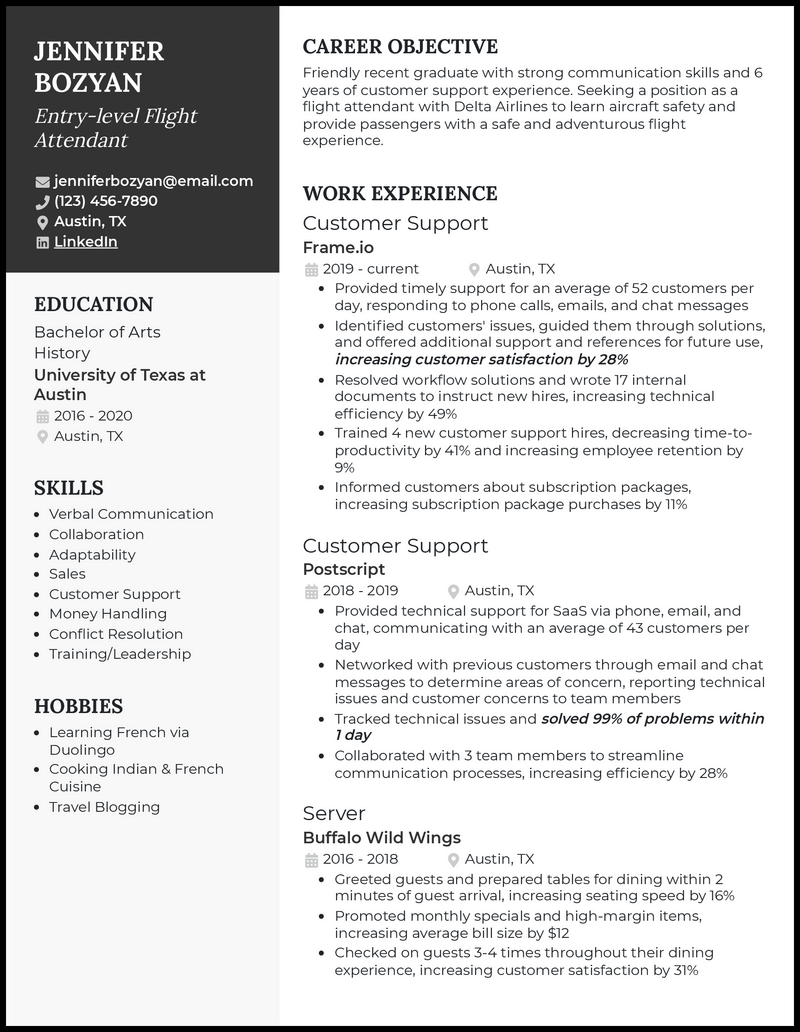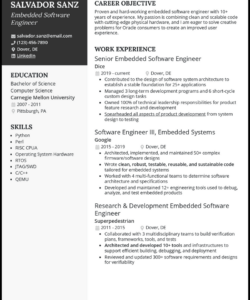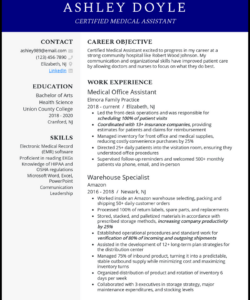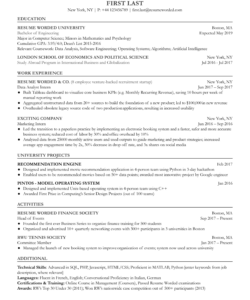Dreaming of a career soaring through the skies, meeting new people, and exploring exciting destinations? Becoming a flight attendant is a highly sought-after profession, but many aspiring cabin crew members often hit a roadblock when they realize most job postings seem to demand prior experience. It’s easy to feel discouraged when you’re just starting out and don’t have direct aviation experience, leading you to wonder how you can even begin to craft a compelling resume.
The good news is that securing a flight attendant position without previous airline experience is absolutely achievable! Airlines are increasingly looking for individuals with strong transferable skills, a positive attitude, and a genuine passion for customer service and safety, rather than just a history of working in the air. This guide will walk you through how to build a powerful resume that highlights your potential, even if you’ve never stepped foot in a galley before.
Crafting Your Resume When You Have Zero Flight Experience
It’s completely understandable to feel like you’re at a disadvantage when you don’t have direct flight attendant experience to list on your resume. However, the key to success lies in understanding what airlines truly value and then showcasing those qualities through your unique life and work experiences, no matter how unconventional they may seem. Think beyond the traditional job roles and consider every instance where you’ve demonstrated responsibility, compassion, problem-solving, and a service-oriented mindset.

Airlines are primarily interested in your soft skills. They want to see if you can handle stressful situations with grace, communicate effectively, work seamlessly as part of a team, and provide exceptional service with a genuine smile. These are not skills exclusive to the airline industry; they are cultivated in a myriad of environments, from retail and hospitality to volunteer work, academic projects, and even personal caregiving roles. Your task is to identify these valuable traits within your own background.
For example, if you’ve worked in a busy coffee shop, you’ve honed your ability to handle multiple tasks under pressure, maintain a friendly demeanor, and resolve customer complaints efficiently. If you’ve volunteered at a community event, you’ve likely practiced teamwork and demonstrated a commitment to service. Every interaction, every responsibility you’ve taken on, holds potential insights into the qualities that make a great flight attendant. It’s about translating these experiences into the language of the airline industry.
When you begin to list your experiences, don’t just state your duties; instead, focus on the achievements and the impact of your actions. Even if your experience isn’t directly related to aviation, frame it in a way that highlights your customer service, safety awareness, communication, and problem-solving abilities. Use strong action verbs to describe your contributions and quantify them whenever possible, even if it’s just “assisted an average of 50 customers daily” rather than “helped customers.”
Essential Skills That Impress Airlines
- Customer Service Excellence: Any role where you consistently interacted with people, handled inquiries, or resolved issues with a positive attitude.
- Communication Skills: Demonstrating clear verbal and written communication, active listening, and the ability to convey information effectively.
- Teamwork and Collaboration: Examples of working cooperatively with others towards a common goal, whether in a job, school project, or group activity.
- Problem-Solving and Adaptability: Instances where you quickly assessed a situation, found a solution, or adjusted to unexpected changes.
- Empathy and Interpersonal Skills: Showing an understanding of others’ needs and the ability to build rapport and handle diverse personalities.
- Attention to Detail: Roles requiring precision, organization, and adherence to procedures, which is critical for safety protocols.
- Resilience and Calm Under Pressure: Times when you maintained composure and effectiveness in challenging or high-stress environments.
Structuring Your Flight Attendant Resume Template No Experience for Maximum Impact
When building a flight attendant resume template no experience, the structure becomes even more crucial. You need to present your information in a way that immediately grabs the recruiter’s attention and clearly demonstrates your suitability for the role, even without a direct background in aviation. A well-organized resume guides the reader through your qualifications, emphasizing your transferable skills and passion for the industry from the very first glance.
Start with a compelling professional summary or objective statement at the top. This isn’t just a formality; it’s your elevator pitch. In 3-4 sentences, clearly state your career aspirations as a flight attendant, highlight your strongest transferable skills (e.g., customer service, communication, problem-solving), and express your enthusiasm for safety and service. This section is your chance to make a strong first impression and set the tone for the rest of your application.
Next, dedicate a prominent section to your skills. Divide this into hard skills (like languages spoken, first aid/CPR certification, computer literacy) and soft skills (drawing from the list above, such as conflict resolution, adaptability, cultural awareness). This allows recruiters to quickly scan for key competencies. For instance, if you’re fluent in another language, that’s a significant asset for international airlines and should be featured prominently.
For the “Experience” section, get creative. Instead of solely listing traditional jobs, include any relevant experiences that showcase your abilities. This could be volunteer work at hospitals or community centers, internships, significant academic projects that involved teamwork or leadership, or even part-time roles in retail or food service. For each entry, focus on the responsibilities that align with flight attendant duties, using action verbs to describe your contributions and achievements.
Finally, your education section should list your highest degree or diploma. Additionally, include any relevant certifications or training you’ve completed, such as first aid, CPR, or customer service courses. If you’ve taken any hospitality or tourism-related courses, definitely include those too. This demonstrates your commitment to learning and your proactive approach to preparing for a service-oriented career. Remember to proofread meticulously; a perfect resume reflects your attention to detail.
Key Resume Sections to Build Your Application
- Contact Information: Ensure your name, phone number, professional email, and LinkedIn profile (if applicable) are accurate and easily found.
- Professional Summary/Objective: A concise, impactful paragraph stating your career goals and highlighting your most relevant transferable skills.
- Skills: A dedicated section showcasing both your hard skills (languages, software, certifications) and soft skills (communication, teamwork, empathy).
- Work Experience (or Relevant Experience): List any paid or unpaid roles, internships, or volunteer work where you demonstrated transferable skills. Describe responsibilities using action verbs and emphasize achievements.
- Education: Include your highest level of education and any relevant degrees, diplomas, or certificates.
- Certifications and Training: Detail any first aid, CPR, or other safety/service-related training you have completed.
- Awards and Achievements (Optional): Any recognition that showcases your exceptional capabilities or dedication.
Don’t let the lack of direct flight experience deter you from pursuing your dream. With a thoughtfully crafted resume that emphasizes your transferable skills, dedication to service, and commitment to safety, you can make a powerful impression on airline recruiters. Remember, every successful flight attendant started somewhere, often without prior aviation experience, by effectively showcasing their potential and passion for the role. Your journey to the skies begins with that meticulously prepared application, opening the door to an exciting and rewarding career.


